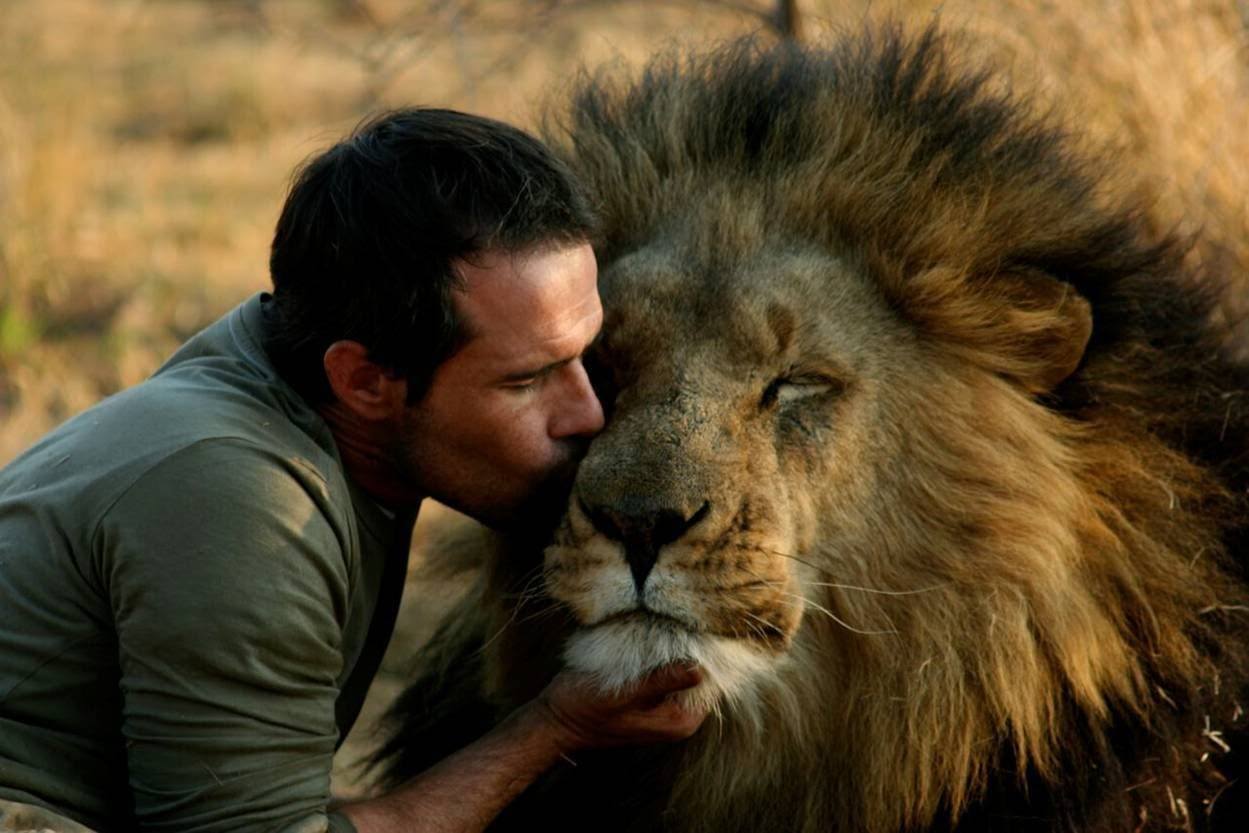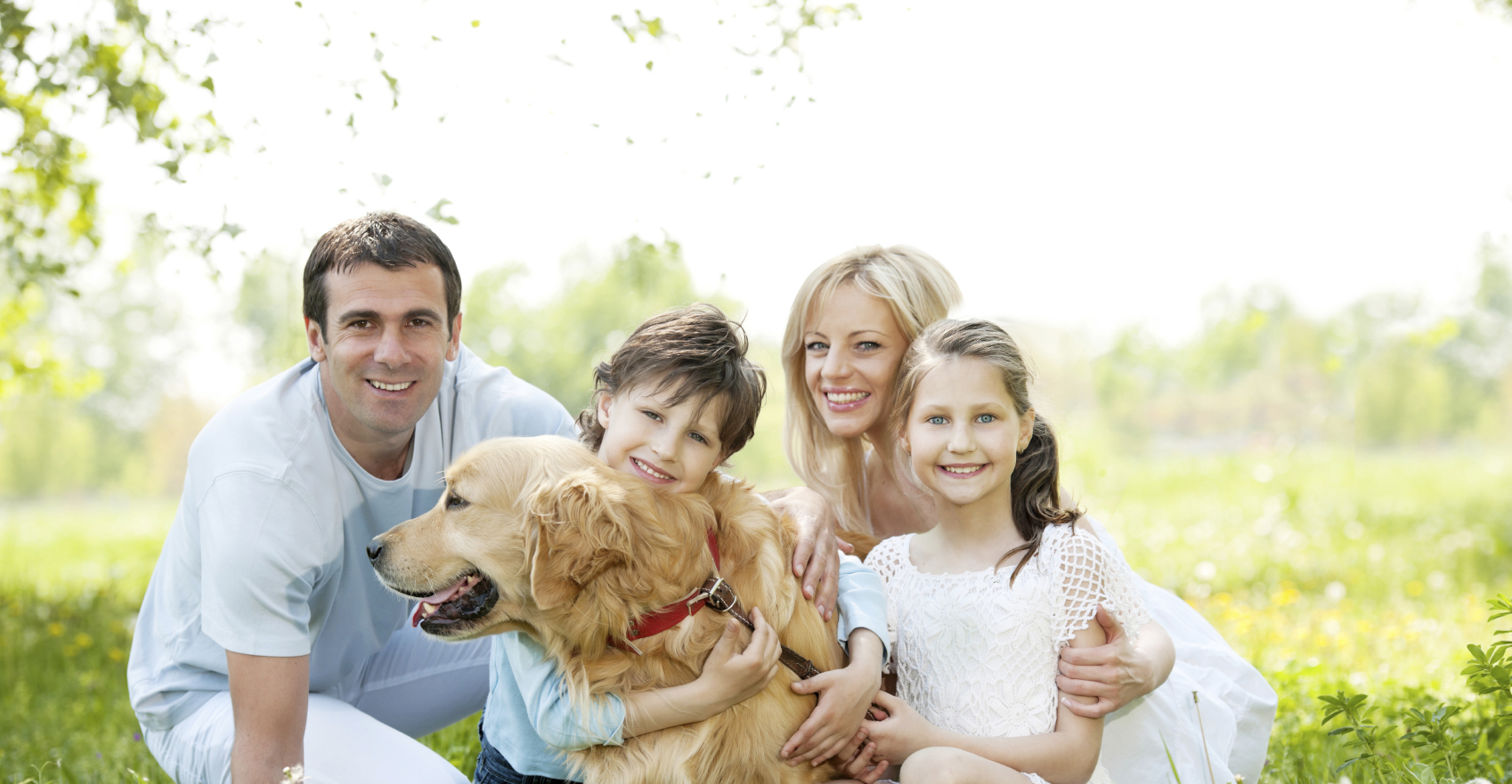He had a home nearby, but he liked spending time with hikers and would follow halfway and then return home. The dog and I shared connective moments of stillness and serenity as we sat at the top of the hill, looking down at the forest. The canine held his head on my shoulder as we were watching the sunset, barely moving for nearly an hour.

That walk remained special in both my dad’s memory and mine. I personally return to it whenever I feel sad, depressed, or alone. It became a sort of inner haven or a pool from which I drew hope, motivation, and strength to carry on.
After reading Dr. Joseph’s book, I realized that animals have as rich and complex inner lives as we humans do. I am close with several animals through friends and family. Each of them has their own personalities, routines, habits, behaviors, and communication styles. However, all of them like to bond.
Reading The Human-Animal Connection: Deepening Relationships with Animals and Ourselves by Dr. Genie Joseph was a fresh experience and my personal first dive into the niche.
While I always loved animals and I knew that bonding with them is not only good for them, but also for us, I did not know that there was so much solid knowledge and practical things that we could do to grow through that connection.
I learned that, and much more, in the book that gives us a scientific, tangible frame for something more nuanced and intangible that we all look for, which is love, safety, and connection.
How Can We Help Animals Heal From Trauma?
Dr. Joseph explains that animals, like humans, can suffer from emotional and physical trauma that affects their behavior and well-being. Some of the causes are abuse, neglect, abandonment, and loss.
To help animals heal, we need to provide them with a safe and loving environment, where they can express their emotions, needs, and preferences. We also need to respect their personal space, be responsive to their cues, and communicate with them through our body language, touch, and voice.
By doing so, we can create a deeply healing relationship with them.

What Can We Learn From Animals About Ourselves?
Dr. Joseph shows that animals can teach us a lot about our own nature, our emotions, our intuition, and our purpose. By connecting with our own animal nature, we can access our sensory intelligence, which is the ability to perceive and respond to the subtle information that surrounds us.
Sensory intelligence can help us expand our intuition, which is the ability to know something without rational explanation. Intuition can guide us to make better decisions, to follow our passions, and to fulfill our destiny.
Animals can also teach us about love, compassion, joy, and gratitude, which are the qualities that make us truly human.
How Does Helping Animals Benefit us Emotionally?
Dr. Joseph reveals that helping animals can have a positive impact on our mental and emotional health. When we help animals, we activate the part of our brain that doesn’t distinguish between things we do and things done to us.
When we help animals, we make a part of our brain happy. This part is called the anterior insula, and it helps us feel what’s going on inside our body and our emotions. It also helps us feel what others are feeling, like empathy and compassion.

This means that when we help animals, we feel like we’re helping and nurturing ourselves. When we extend empathy to animals, we also extend empathy to ourselves. Helping animals can also boost our self-esteem, our confidence, and our happiness. By helping animals, we can experience a sense of fulfillment, meaning, and connection.
Working with animals is not only a way to help them but also a way to help ourselves. By connecting with our animal nature, we can discover our true purpose, our intuition, and our love beyond words.






Your site’s position in the search results http://fertus.shop/info/
Web Development Wizards http://fertus.shop/info/
Your site’s position in the search results http://fertus.shop/info/
SEO Optimizers Team http://fertus.shop/info/